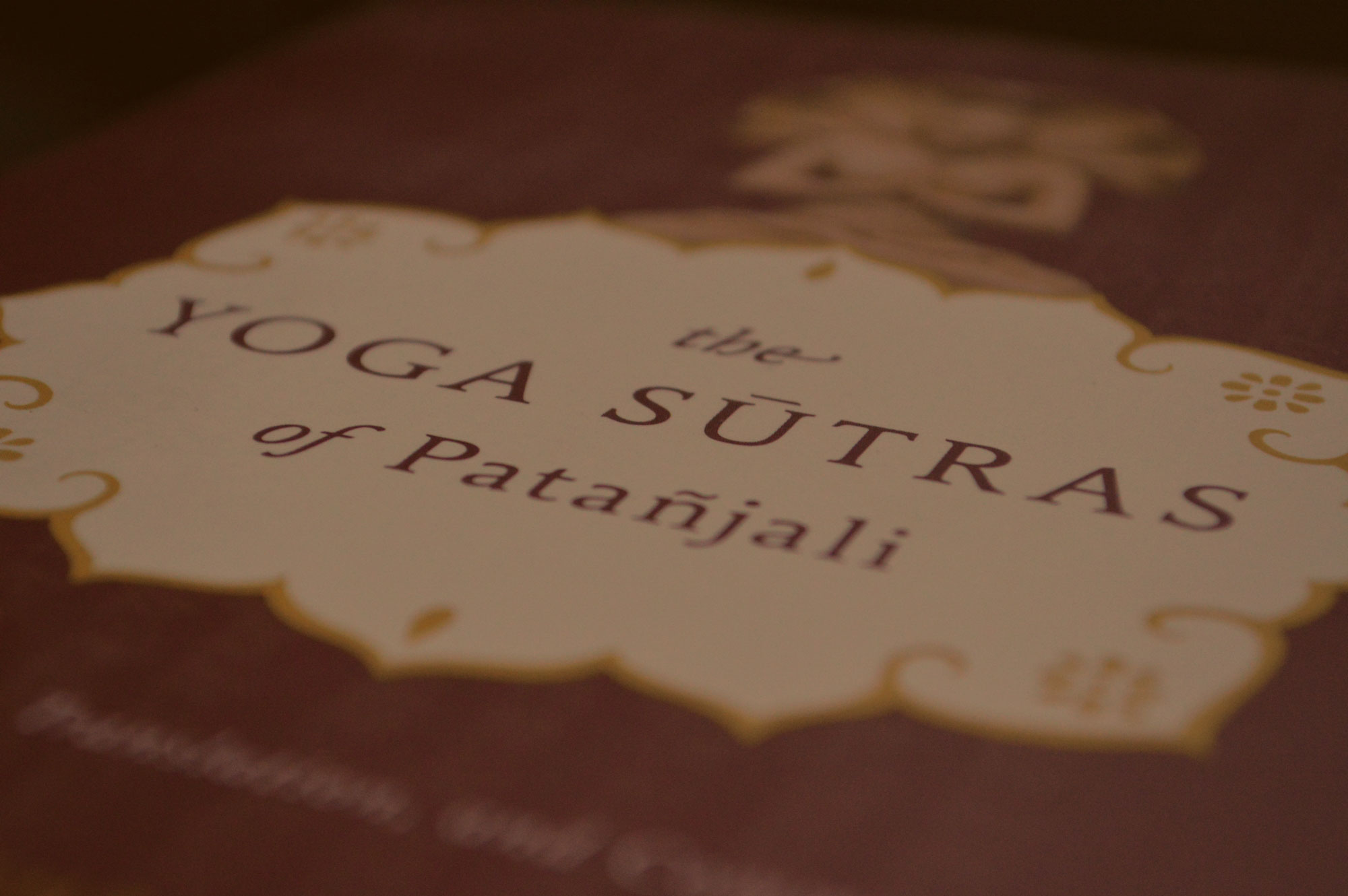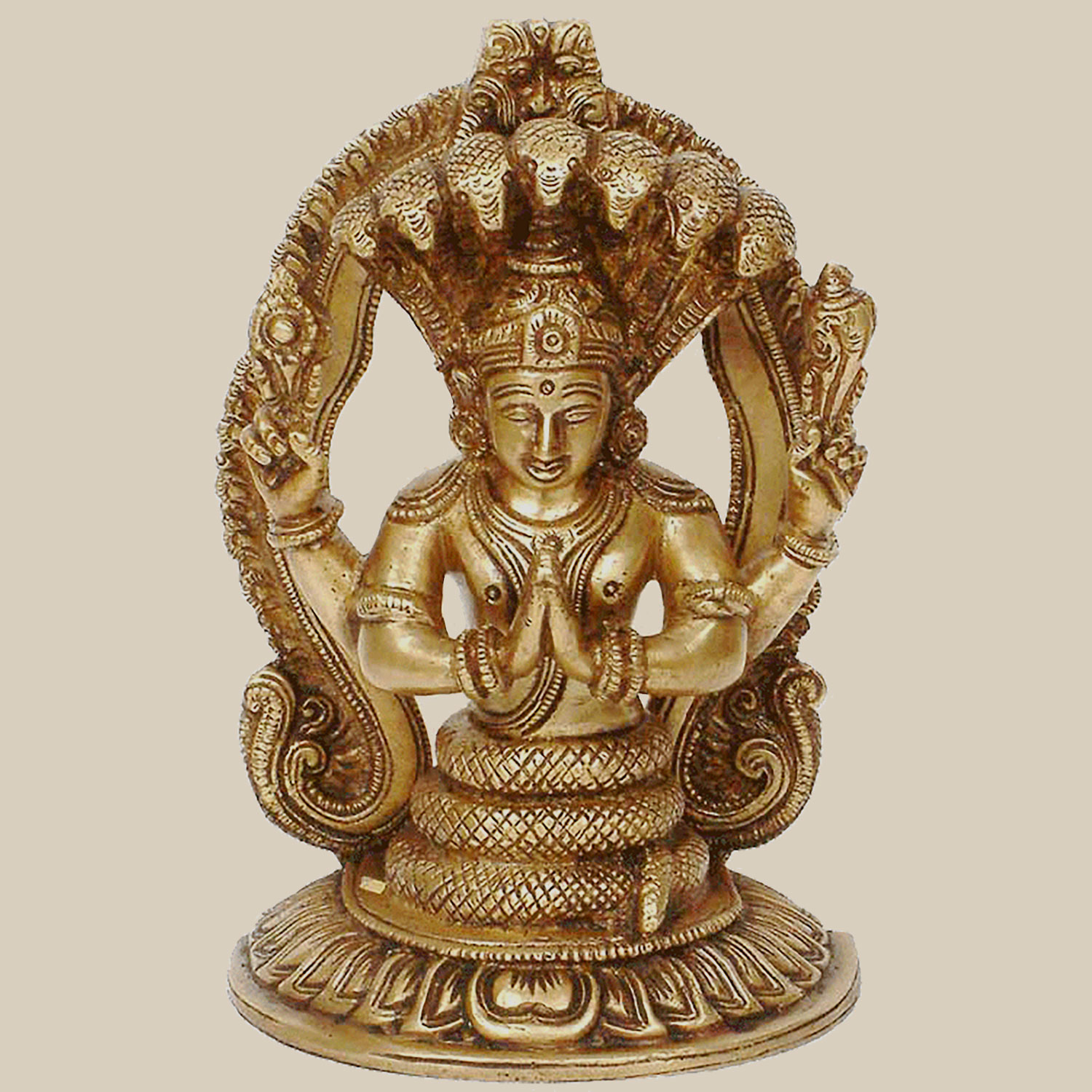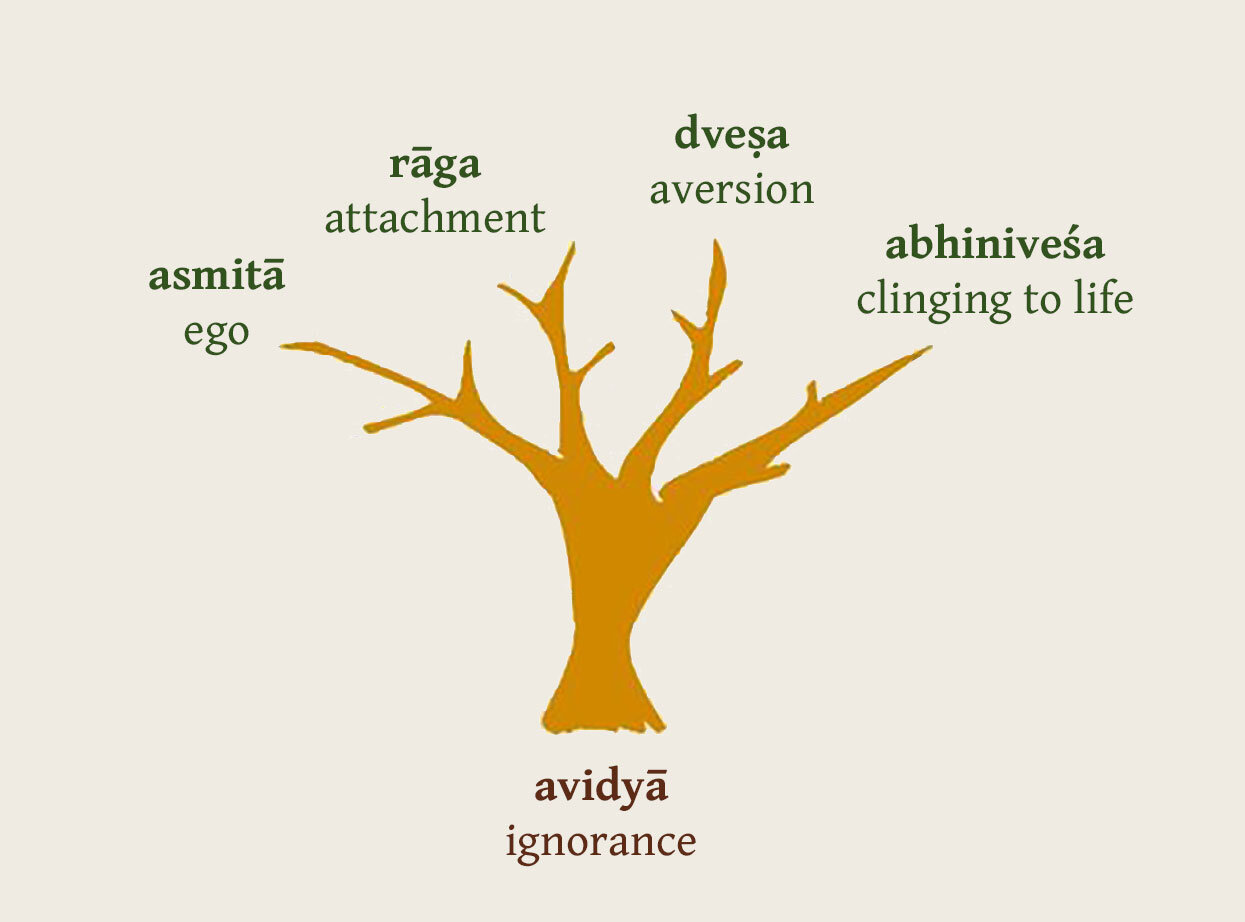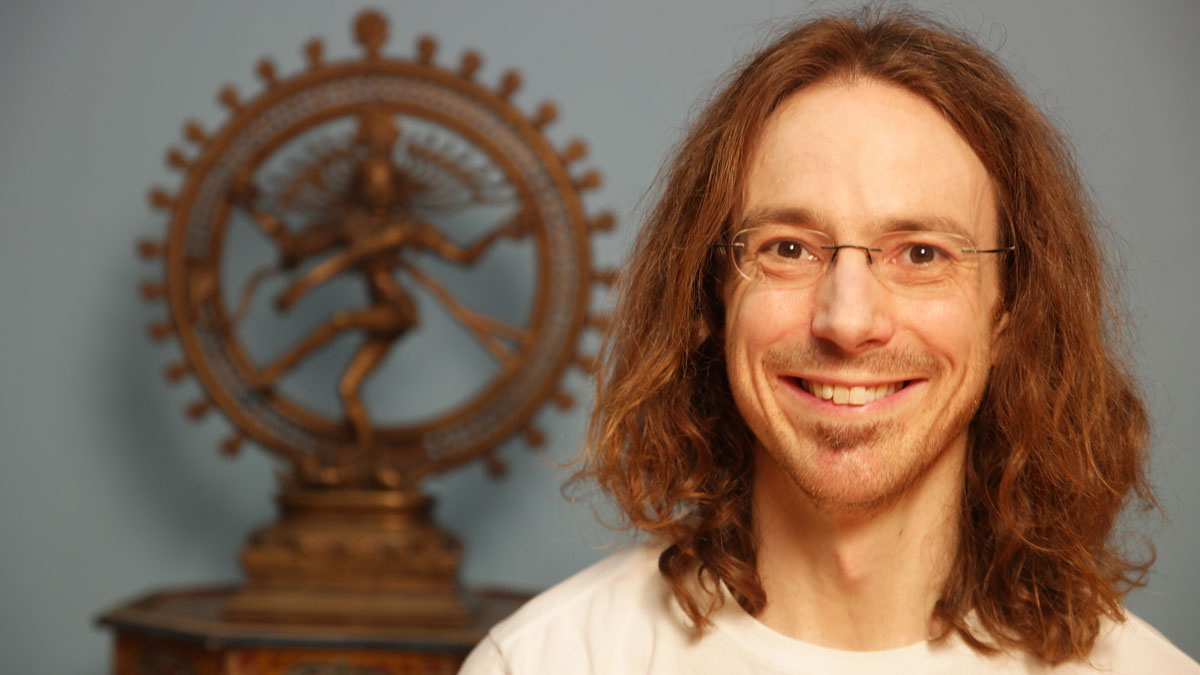Yoga Book Club: The Yoga Sutra
Yoga Book Club: The Yoga Sutra
Sundays, Nov 3 - 24, 2019
5:00 PM (UK); 12:00 PM (ET); 9:00 AM (PT)
The Yoga Sutra and Commentaries
An online study group with Daniel Simpson
Sundays, Nov 3 - 24, 2019
5:00 - 6:00 PM (UK)
Patanjali’s Yoga Sutra is said to be the source of many yogic ideas. Yet it teaches no postures, gives limited instructions and its ultimate goal is a state of isolation from worldly existence. So what makes it relevant to modern practitioners?
As the foundational treatise of yoga philosophy, it’s an obvious reference point for teachers, and is used to authenticate a wide range of methods. Reading key sutras together – with reference to extracts from traditional commentaries – we’ll clarify their message and how it’s been interpreted.
Although yoga can sometimes mean “union”, Patanjali’s system has the opposite aim: the separation of matter and consciousness. However, there are also worldlier aspects. His analysis of how the mind functions can help reduce suffering, and his meditative pathway to freedom can also apply to embodied activity.
For four consecutive Sundays, we meet online to discuss each chapter of the text, with handouts providing some guidance on themes to consider. There’s also a forum to share conversations between weekly sessions. If you’re unable to join us live, recordings can be streamed or downloaded.
The recommended translation is Edwin Bryant’s, which summarises commentaries. To prepare for the opening session, please read the first chapter and Bryant’s introduction (available here in PDF). It’s also fine to use a different edition if you prefer.
Format
We meet using Zoom, a free interactive video platform. It works best through its app (which is available for mobile and desktop).
Everyone can speak to each other, so participants shape the discussion. You can also ask questions by email, or in a private Facebook group.
We start at 5:00 PM, UK time (12:00 PM in New York and 9:00 AM in California). All discussions are recorded, so you can access them later.
Week 1 - ABSORPTION
November 3, 2019
Yoga is defined as a state as opposed to a practice. Patanjali starts with the goal and works back from there. The original commentary on the first sutra says yoga is samadhi – an underlying clarity obscured by distraction. Patanjali’s remedy is concentration, which silences the mind through degrees of absorption in deep meditation. When mental activity ends, consciousness is said to be alone, detached from matter.
Week 2 - METHODS
November 10, 2019
Patanjali’s text is best known for ashtanga - a system of yoga with “eight parts”. This starts with ethics and focuses inward to reach liberation. However, it is not the only practical framework. Since confusion causes suffering, the answer is to learn to distinguish one thing from another. The ultimate goal is a state of detachment from worldly affairs, but the analysis behind it can also be used to improve relationships.
Week 3 - OUTCOMES
November 17, 2019
The refinement of meditative practice results in liberation. It also produces supernatural powers - from levitation to omniscience and omnipotence. This is explained in philosophical ways. Since everything material evolves from the subtlest state of mind, when this is controlled it becomes like a stem cell, capable of morphing into anything else. Could there be subtler forms of power, such as contentment?
Week 4 - LIBERATION
November 24, 2019
The final freedom sounds like death - kaivalya is a state of pure consciousness, and in effect disembodied. If that sounds unappealing, does it change how we interpret the system that leads to this outcome? Might there be ways to become a bit freer while staying alive? Some commentators say that samadhi (stopping short of kaivalya) inspires enlightened ways of living. Perhaps there are also humbler goals.
About the Facilitator
Daniel Simpson presents ancient texts for modern times.
He teaches courses on yoga philosophy at the Oxford Centre for Hindu Studies, at Triyoga in London, and on teacher trainings.
He holds a Master’s degree from SOAS, University of London, where he studied with some of the world’s leading scholars of yoga.
He is also a devoted practitioner, having first encountered yoga in India in the 1990s. His practical guidebook to yoga philosophy will be published soon.
Endorsements
Student feedback from previous courses.
“A brilliant teacher: knowledgeable and very inclusive.”
“Adeptly blends academic rigor, insight and humor.”
“Maybe the best yoga money I have ever spent.”




